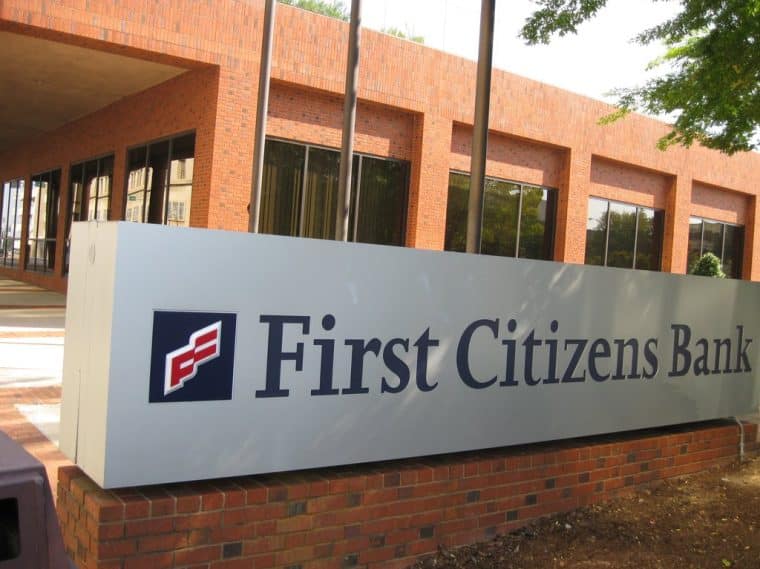
First Citizens bank has agreed to buy deposits and loans of the collapsed lender Silicon Valley Bank (SVB), though at a significant discount.
On Monday, First Citizens said it has entered into an agreement with the Federal Deposit Insurance Corporation (FDIC) to acquire the deposits and loans of failed Silicon Valley Bank, according to an official press release.
The deal, which includes the purchase of deposits and loans, worth about $72 billion, comes at a discount of $16.5 billion, the FDIC said in a statement.
“The FDIC estimates the cost of the failure of Silicon Valley Bank to its Deposit Insurance Fund (DIF) to be approximately $20 billion. The exact cost will be determined when the FDIC terminates the receivership,” the agency added.
On March 10, Silicon Valley Bank, one of the most popular lenders to Silicon Valley tech and growth startups, failed after suffering a bank run. The bank was closed by the California Department of Financial Protection and Innovation, which appointed the FDIC as the receiver.
Subsequently, the FDIC took control of the bank and created the Deposit Insurance National Bank of Santa Clara, which held the insured deposits from SVB.
First Citizens to Assume SVB Assets of $110 Billion
As part of its agreement with the FDIC, First Citizens bank will assume $110 billion worth of SVB assets, which consists of deposits of $56 billion and loans of $72 billion.
The North Carolina-based bank said customers would keep access to their accounts. However, the bank will receive an available line of credit from the FDIC for liquidity purposes.
Furthermore, the bank will have an agreement with the regulator to share some losses on commercial loans to provide further downside protection against potential credit losses.
“We have partnered with the FDIC to successfully complete more FDIC-assisted transactions since 2009 than any other bank, and we appreciate the confidence the FDIC has placed in us once again,” Frank B. Holding, Jr., chairman and CEO of First Citizens, said in a comment.
The FDIC noted that as of March 10, 2023, Silicon Valley Bridge Bank, National Association, “had approximately $167 billion in total assets and about $119 billion in total deposits.” It was the 16th biggest lender in the US before its collapse
Meanwhile, First Citizens has around $109 billion in assets and total deposits of $89.4 billion. It was the 30th largest commercial bank in the US by assets at the end of 2022, according to Fed data.
Consumers Leave Smaller Banks for Big Ones
Analysts hope the acquisition of Silicon Valley Bank by First Citizens would positively impact financial stability by restoring user confidence in the US banking system.
However, one problem that continues to persist, at least for the time being, is depositors leaving smaller banks for larger banks.
Last week, data by the Fed showed that deposits at smaller US banks fell by a record-high amount after the SVB fiasco.
Specifically, deposits at small banks plummeted by $119 billion to $5.46 trillion in the week ended March 15, marking the sharpest decline as a percent of overall deposits since March 2007.
Read More:
- Here’s the Names of Top Asian Tech Startups And Venture Players Snared By SVB Failure
- Should You Invest in Crypto During a Recession? 10 Potential Recession-Proof Coins Investors are Backing
- Best Sectors to Invest in 2023 – Top-Performing Industries Revealed
What's the Best Crypto to Buy Now?
- B2C Listed the Top Rated Cryptocurrencies for 2023
- Get Early Access to Presales & Private Sales
- KYC Verified & Audited, Public Teams
- Most Voted for Tokens on CoinSniper
- Upcoming Listings on Exchanges, NFT Drops